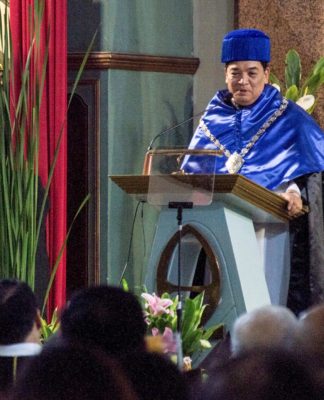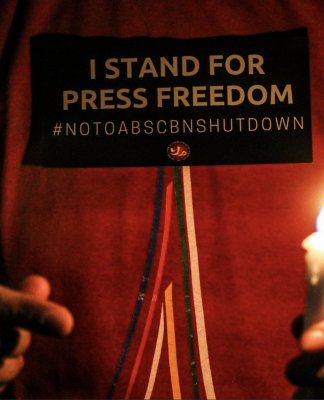THE PROPONENTS of the people’s initiative preach change (“pagbabago, ngayon na”) from the current bicameral-presidential system. But their initiative, far from initiating reform, was deformed from the start.
What the Supreme Court (SC) found out was that there were millions who had been unintelligently guided to sign the petition: people were uninformed of what they were signing as the sheets lacked the draft of the proposed constitutional amendments; the proponents paid the signatories using public funds; and the required number of signatures per district was not met. There was, in the SC’s words, a “grand deception.”
The SC is right to junk the initiative, which, since it demanded an overhaul of the three branches of the government, could not be effected by mere minor amendments. Constitutional revisions need broad debates by duly elected officials in a constitutional convention or assembly of both the House and the Senate, or probably a national referendum; but not by the ingenious strokes of uninformed signatories.
The Constitution, the ruling warns, must not be “set adrift…in unchartered waters, to be tossed and turned by every dominant political group of the day.” We have seen this going again and again. Every president since the time of Cory has pushed for charter change under his or her watch. Either the Constitution is really broke or those who should execute it, skirt it.
Unknown to the signatories, it is being proposed that, among others, the term limits of legislators be lifted so they can be reelected indefinitely; that in effect there will be no 2007 elections; and that there will be more amendments toward local autonomy, decentralization, and strong bureaucracy within 45 days from ratification of the amendments—45 days to a more federal (and feudal) Philippines.
These other amendments can be gleaned from the draft constitution of Rep. Constantino Jaraula, chair of the House Committee on Constitutional Amendments. There will be full foreign ownership of land and companies; the prime minister need not answer to the Supreme Court if he declares martial law; and there will be no recall provisions for Parliament members, so erring lawmakers can stay as long as they enjoy the confidence of their compañeros in the Parliament.
The draft is sure ticket to institutionalizing political dynasties. It is understandable why members of the House are gung-ho for Cha-Cha. This kind of parliament would serve legislators who want both legislative and executive might. They shall reign in a literal House of Lords.
Since majority of the SC judges who upheld the Comelec’s earlier rejection of the initiative were the President’s appointees, it would have been a tremendous pressure on their part to stand independent. The President should not be “perplexed” that her expected trustees, Chief Justice Artemio Panganiban and Associate Justice Antonio Carpio, who wrote the majority decision, voted against the initiative. The SC would have considered the proponent’s points as a “trier of constituency” as well as a “trier of facts.” The initiative was weighed, measured, and found wanting.
Pardon their strongly-worded decision. It must have been an insult to the judges to bear this “gigantic fraud.” It must have been providential too that Associate Justice Dante Tinga, who was supposed to vote for the petition, was out of the country. Perhaps the President should concede this to be the work of Divine Plan before she moves to another extra-judicial “Plan B.”
We have been through a parliamentary government during Marcos’ time. Nothing much had changed then except for more abuse and corruption. Because more than the annihilation of institutions, we need institutionalized personalities rehabilitated.
















